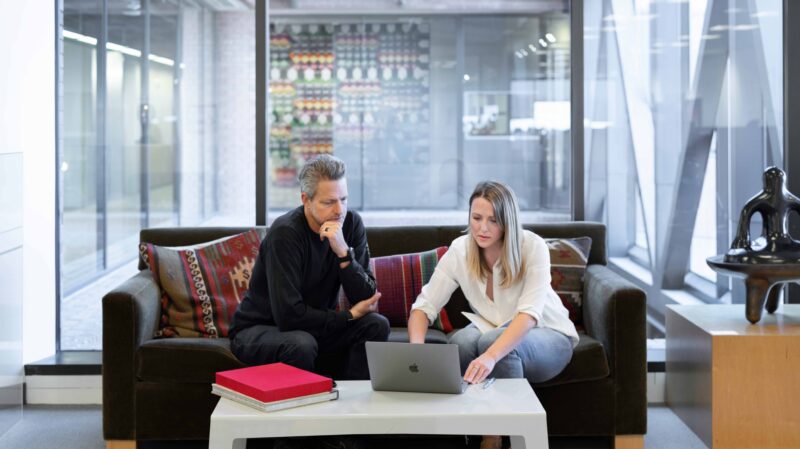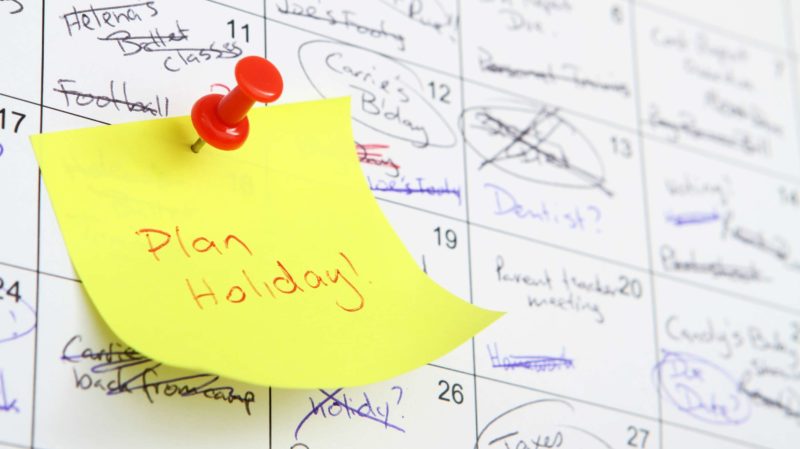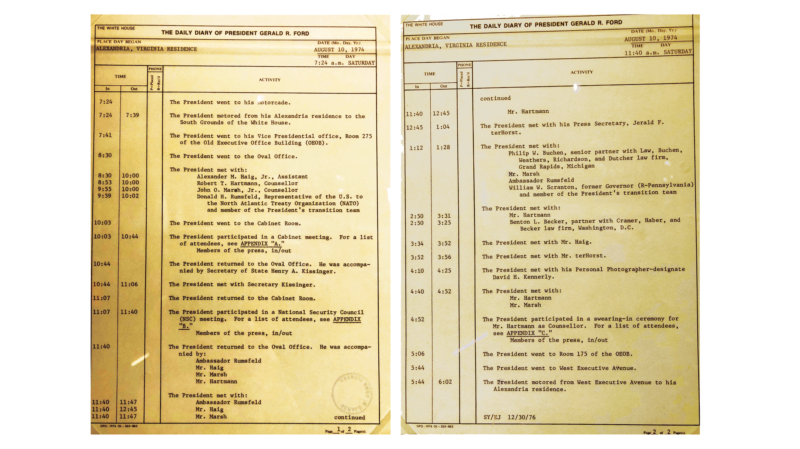
In our fast-paced, ever-changing world, staying organized can be challenging. It’s a worthwhile pursuit because it fuels our success in many ways. When we feel like we aren’t on top of things, the drag it can bring to our mood and productivity is significant. Being organized is the key to less stress, more creativity, and less burnout.
To support you in winning with organization, we wanted to share these best practices we’ve learned from the talented leaders we know:
Be intentional with your time. At the end of your workday, plan briefly for what you must do the next time you return to work. Jot this plan down on your phone or a sticky note. Then, the next time you return to work, you can glance at your list and be productive right from the start.
Delete email that doesn’t need your attention. Many of us receive so many messages that we can’t expect to action them all daily. Delete the ones that don’t require your attention. And for the rest? Schedule dedicated time 2-3 times a week for an email response. That will keep you on track and timely with your replies. Nothing steals your time more than checking and responding to emails all day.
Attempt to touch most paper items just once. Whether it’s mail, receipts for an expense report, or that random document that comes to you in hard copy form, work to decide, destroy, sort, or file it the first time you see it. Lingering bits of paper clutter our lives and workspace, and putting things in their proper place at the first opportunity frees you to focus on important items.
Remove clutter from your workspace weekly. Each week ensure your workspace and desktop are decluttered. Toss and delete what you can; file what you need to keep. A clean workspace minimizes stress and procrastination. For more significant organization tasks like physical drawers, cabinets, or online folder systems, plan just an hour each quarter to spruce up and pare down. That will prevent overstoring unneeded items.
Prioritize your most important work. Each day or week, depending on your workflow, ensure you work on the most important matters (not just the most urgent tasks). Know what projects and items are connected to your main effort and be intentional about when you’ll action those.
The consistent use of these strategies makes the difference—no need to bring your perfectionist tendencies to stay organized. Instead, staying steady with these practices and being organized becomes a winning habit.

















